But what is springtime bliss to meHere in the faraway, strange land?I long for the sun of home, I long for the banks of the Isar.
Don't wanna be here? Send us removal request.
Text

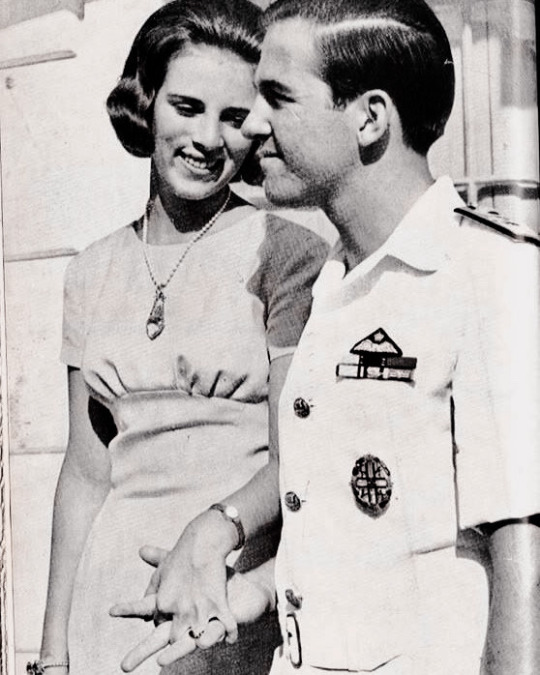
King Constantine II of Greece and his fiancée, Princess Anne-Marie of Denmark, in Corfu, July 1964.
#always hand in hand <3#king constantine ii of greece#queen anne marie of greece#princess anne marie of denmark#greek royal family
22 notes
·
View notes
Text
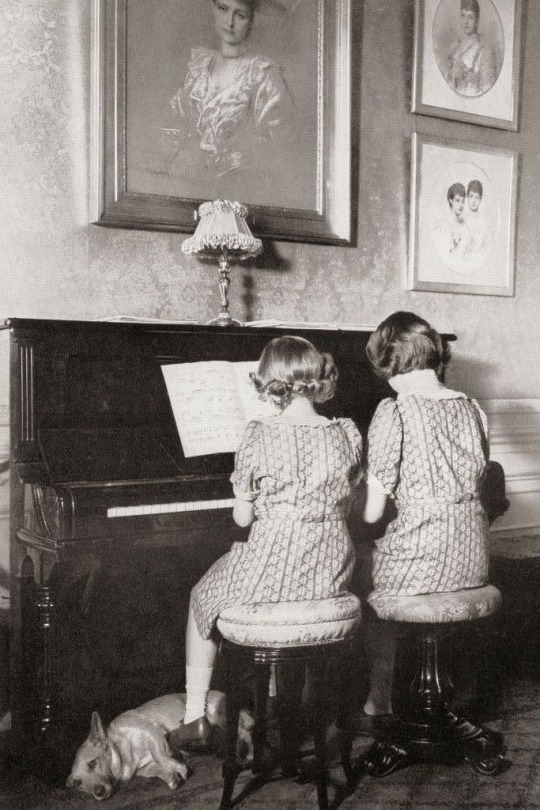
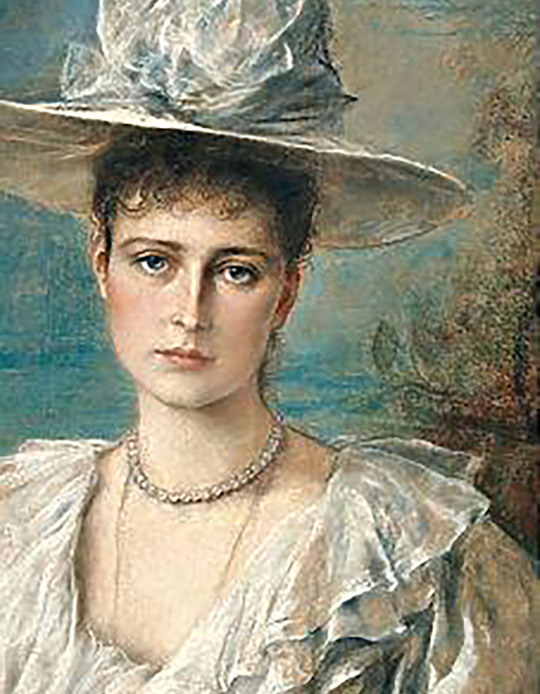
Princess Elizabeth (later Queen Elizabeth II) and Princess Margaret of the United Kingdom playing a duet on a piano at Windsor Castle, early 1940s.
Above the two princesses hangs a portrait of Princess Alix of Hesse and by Rhine, better known as the tragic Empress Alexandra Feodorovna of Russia, by Kolbauch (1890s).
145 notes
·
View notes
Text
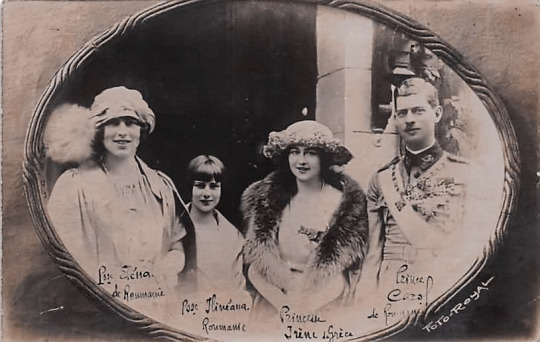
💌 I’ve come across this pretty rare postcard/photograph from the same occasion!
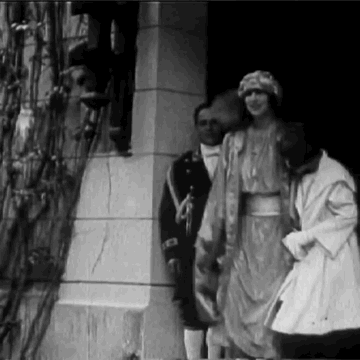
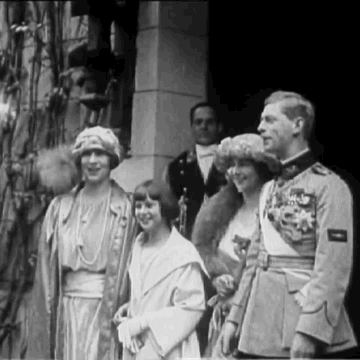

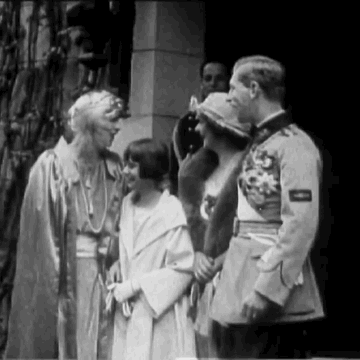
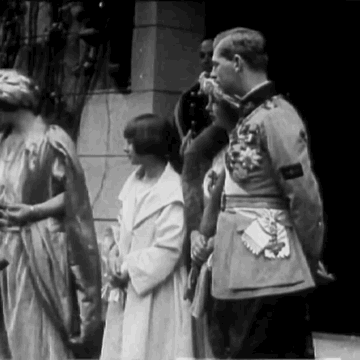
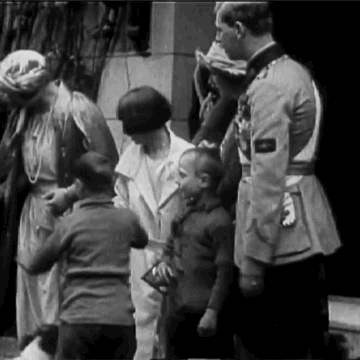
Crown Princess Helen of Romania, Princess Ileana of Romania, Princess Maria of Romania and Crown Prince Carol of Romania in 1921, shortly after the princely’s couple arrival in Romania following their wedding.
Source: ANF.
#romanian royal family#princess ileana of romania#queen maria of yugoslavia#king carol ii of romania#queen mother helen of romania
58 notes
·
View notes
Text
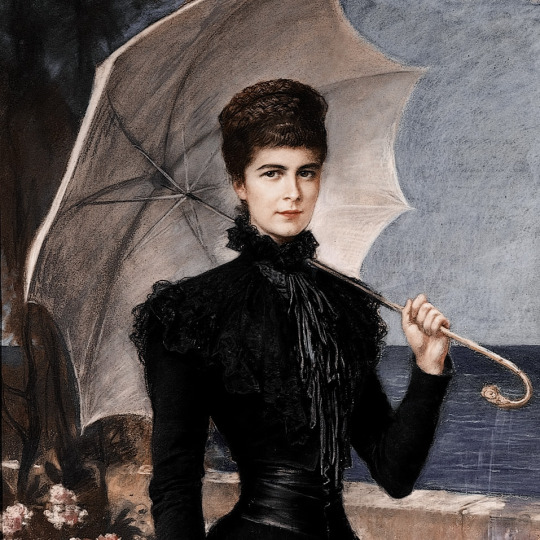

Empress Elisabeth of Austria and her Corfiot palace through the eyes of the Greek royals.
Greece was destined to offer the Empress Elisabeth the hospitality of its soil. She chose Greece as the country where she would hide herself and her sorrow. At Corfu she bought a site of ground from an old Corfiote Statesman called Braïla, and on it she built the Palace which she called "Achilleion", after her hero Achilles, whose statue was in the middle of the top garden terrace, and represented him at the hour of his death, drawing the arrow out of his heel. When in Corfu, it was understood, she was to be strictly incognito, and her wishes were always respected. One day, suddenly, when we least expected it, she arrived at Athens, having travelled by the ordinary steamer, and called at the Palace accompanied by a lady -in-waiting. She asked the porter whether she could see the King and Queen. On the porter's inquiring who she was, she replied she was "the Empress of Austria." Whereupon we were brought down to verify that statement . It seemed impossible╴but it was the Empress of Austria! Needless to say she obtained her interview, and after half an hour's conversation she took her departure, insisting that her visit should not be returned by my parents. As she was anxious to study Greek culture, she decided to learn modern Greek, and applied herself to the task with great energy and perseverance. She engaged a tutor for Greek conversation. Her first was Dr. Christomanos, an author and poet, who wrote a charming life of the Empress, which was translated into several languages. Her last was Count A. Mercati, who afterwards became Master of King Constantine's household. Accompanied by her tutor, the Empress used to go off on a five or six hours' walk, all over the island; and even for the picturesque ceremony of combing and brushing her hair the tutor had to be present, talking Greek to her all the time. She learnt to speak Greek quite faultlessly. In the arrangement of her house the Empress took great pride, setting up the statues of all her new "Gods"; Sophocles, Euripides, Plato and Aristotle. She also had a statue of Heine, the poet, erected in a shrine. When the Kaiser bought the Achilleion, he at once banished Heine, and raised Achilles from his recumbent position into a standing War Lord, with gilded helmet and shield, so that the first sight of Achilleion should be his glittering helmet. It is a pity that the Empress tried to improve the natural beauty of the spot. Her lack of taste, I may even ungraciously say her eccentricities, were almost an eyesore. There was a grotto of artificial rock and mirrors, destined as a home for monkeys, who luckily never came to inhabit it. Though the island abounded in oranges, she sent to Italy for her fruit. The view from the terrace over all the plain of Corfu, with its olive groves groups cypresses on one side and the sea and the mountains of Albania on the other one of the most exquisite I have ever seen.
The memoirs of His Royal Highness, Prince Nicholas of Greece and Denmark, My fifty years, 1926.
I was a child when the Empress came to Athens and saw her only once or twice, but I remember her more vividly than many people I knew far better. I imagine it was the same with everyone who came in contact with her. Her brilliant, beautiful and restless personality left an indelible impression. She was so enchanted with Greece that she decided to build a villa in Corfu. The site she chose could not have been more beautiful, about twelve miles outside the town, set on a high hill overlooking the sea on one side and a chain of mountains on the other. But she was too impatient even to look at the plans and gave the architect carte blanche. So instead of the simple cottage she had intended he erected an orate and hideous palace lavishly adorned with frescoes, statues and bronzes of every description. This atrocity cost the Austrian Govemment twelve million crowns, I believe. The Empress's life was dominated by the fear of losing her beauty. As she grew older it became an obsession. Hours were spent every moring brushing the glotious brown hair that she wore gathered into two great plaits coiled around her head. This hair-brushing was a matter of solemn ritual. Any hairs that fell out during the process were carefully collected and presented to the Empress on a silver salver. If their number proved to be too many the entire day was blackened to her. Once a captain of a Russian gunboat reported that he had seen a yacht coming into the Piraus harbour with a woman seated on the deck whose mass of hair reached down to the ground while two attendants stood behind her brushing it. " That could only be the Empress of Austria." said my father, when he heard the story. Later in the day a carriage drove up to the Palace and a mysterious visitor was announced, a lady who refused to give her name. It was, as we expected, the Empress Elizabeth. She insisted on preserving a strict incognito while she was in Greece, although it seemed rather unnecessary, since everyone knew who she was. She detested nothing so much as being photographed, or even looked at for that matter, and always carried a large fan with her on her walks, so that she could unfurl it and hide her face from the passers-by. The Empress was a fine woman in many respects, far finer, I think, than most of her biogtaphers have represented her. Intelligent, intuitive, sensitive, she had all the qualities to make a great empress. But she was tragically lacking in a sense of proportion. Even in the small issues of everyday life she had no idea of modera-tion. She could not take anything up without making it a mania. While she was in Corfu she set herself to learn Greek, although she had gone there to rest. Now Greek is a complicated language and its study is hardly to be recommended as a restful pursuit. The Empress certainly did not regard it as such either for herself or any one else, for she wore out her two teachers, Count Mercati and Mr. Christomanos. Every day she walked ten or twelve miles with one or the other, talking Greek all the way and, even during the hair-brushing ceremony, one of them was always present reading to her. Her figure became another obsession with her. Although she was exaggeratedly slender when she came to Greece (she weighed, I believe, only seven stones) no Hollywood film star could have followed out a more Spartan regime. Her constant dieting made her irritable and depressed. Even when she lunched with my mother and father she would often eat nothing but a salad and some fruit, and she would start off immediately afterwards on one of her exhausting walks, skimming over the ground like a restless, beautiful wraith.
The memoirs of His Royal Highness, Prince Christopher of Greece and Denmark, 1938.
#long af post i’m sorry#empress elisabeth of austria#empress sisi#greek royal family#prince nicholas of greece and denmark#prince christopher of greece and denmark
126 notes
·
View notes
Text

Princess Elizabeth carrying her daughter, Princess Anne of Edinburgh, in the grounds of Clarence House, on 09 August 1951.
104 notes
·
View notes
Text
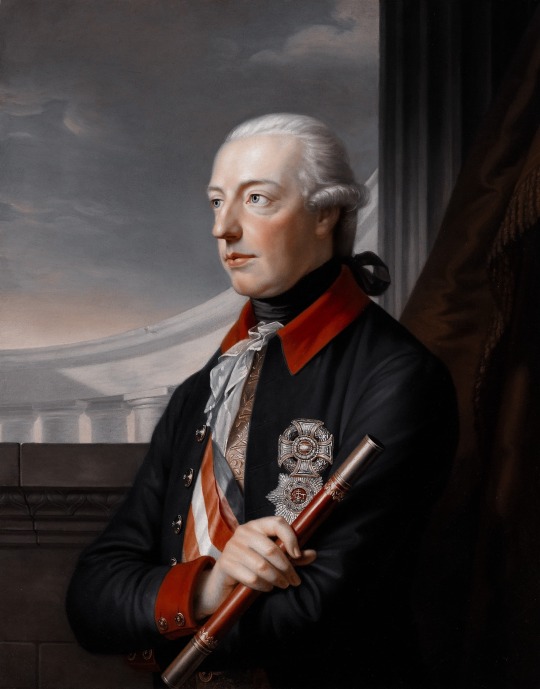
13 March: I share the same birthday with Holy Roman Emperor, Joseph II. He is by far my favourite male ruler of the Habsburg Empire.
Unfortunately, my birthday seems to be the occasion of more royal deaths than royal birthdays: Emperor Alexander II of Russia, Grand Duke Ludwig IV of Hesse and By Rhine, Grand Duchess Elena Vladimirovna, Princess Helena Victoria of Schleswig-Holstein, just to name a few… Certainly unlucky, isn’t it?
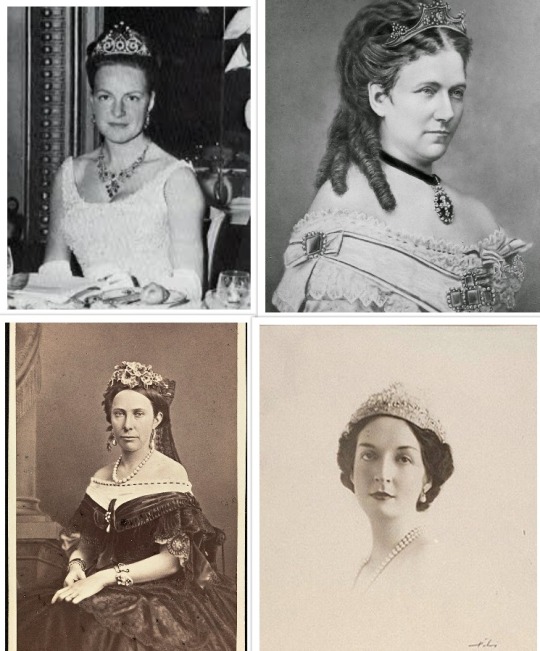
Princess Irene of Netherlands
Queen Carola of Saxony
Queen Louise of Sweden & Norway
Princess Anne of Orleans
~~5th of august~~
this is a small challange 😁 share a post you can choose royal women/men /cuz i know sometimes it can be very hard ;( / who share the same birthdays as you make as many as you want
tag: @foreverinthepagesofhistory @duchesssoflennox @kaiserinelisabethsposts @kaiserrreich @leonisandmurex @queenalexandraofdenmark @ladylucie @adini-nikolaevna @loiladadiani @lionhearteddame @theromanovgirls @melthehoneyjar @duchessofvolterra @krasivaa @world-of-wales @oldtimeroyals @royally-obsessed @romanov-pahlavi @otmaaromanovas @romanovsonelastdance @coffeepiss @minneofrussia @royalsofhistory
69 notes
·
View notes
Text

Princess Helen of Greece and Denmark, future Queen Mother of Romania, dressed in Greek national costume.
#πολύ όμορφη#btw this is a screenshot from a documentary hence the quality#queen mother helen of romania#princess helen of greece and denmark#greek royal family
21 notes
·
View notes
Text


Prince Andrew of Greece and Denmark with his daughters Theodora and Cecilie 1910s.
51 notes
·
View notes
Text
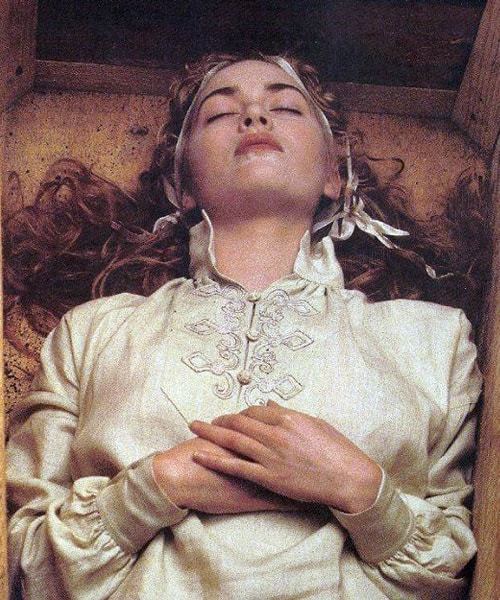
kate winslet as ophelia in "tbt: hamlet" (1996) .
7K notes
·
View notes
Note
the love story of anne-marie & Constantine will always be iconic^^

(i aint gonna lie im jealous ;)
This is most relatable! 😭 Their love was beyond genuine, one can only dream of having such luck in finding their other half :’)
3 notes
·
View notes
Photo
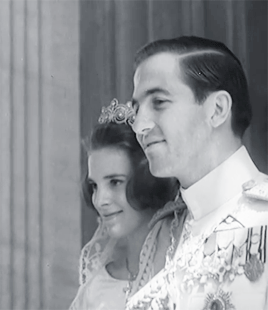
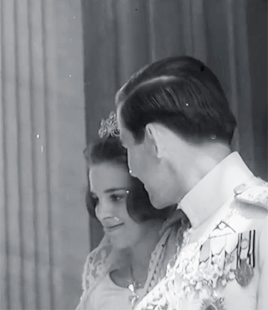
September 18th, 1964 || Queen Anne-Marie and King Constantine II of Greece share a sweet moment after their wedding ceremony while posing for photographers outside of the Royal Palace of Athens (now known as the Presidential Mansion).
297 notes
·
View notes
Text
“Sisi suffered in silence, wept, composed melancholy verses.”
The Reluctant Empress: A Biography of Empress Elisabeth of Austria by Brigitte Hamann.
#my life these days#i relate to sisi way too much#my heart feels for her#empress elisabeth of austria#empress sisi
36 notes
·
View notes
Note
omg 😭im so so so sorry you lost your dog! i can totally relate that cuz i lost mine 💔
i can only pray for you and im sending you a virtual hug^^

Your empathy is greatly appreciated! 🫶🏻 My heart goes out to you, losing a beloved companion can do the heart such great damage. It is validating to know that I’m not alone in my pain. I’m keeping you in my prayers as well and returning your ever so sweet gesture of a virtual hug ❤️🩹

2 notes
·
View notes
Text
Sharing this again because I’ve lost my childhood dog of 13 years today and I have never known a greater suffering.
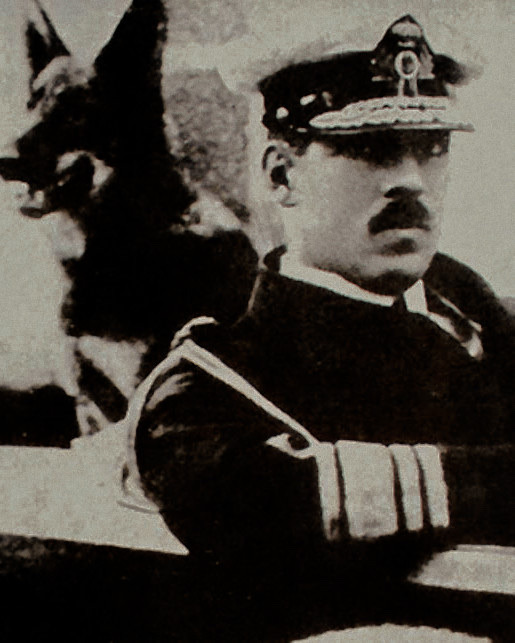

Billie — the story of the dog that kept King Alexander I of Greece and his younger sister, Helen, Queen Mother of Romania, united even after the former’s tragic death.
"The next morning, the family visited his [Alexander’s] grave in the Tatoi cemetery. With her soul torn by an unknown pain until then, Helen stood and looked at the flower covered tomb — she did not see a grave , but her brother, with whom she had rejoiced so often during their childhood right around that place, laughing happily and lovingly. A few days later, while I was walking around the Tatoi grounds with a group of cousins and friends, she recounts, a dog approached me and began jumping around. For a moment, I was overcome with fear, but it was clear that it did not intend on attacking me, because, barking excitedly, it started to lick my hands, then even tried to lick my face. When the others tried to chase it away, it got away then returned to me. Stunned, I asked a nearby gardener if he knew whose dog it was, and he told me it had belonged to Alexander. I could not understand why it had come to me since I had never seen it before. Feeling grateful, I decided to keep it. Alexander had named him Billie, after the actress Billie Burke, and from that moment, for eight years, he was my faithful companion.”
"Around that time, her dog, Billie, was ailing and soon died. Losing him pained Helen beyond measure. She loved the dog because not only had Alexander petted it, but also because it had stuck by her side for eight years. She had revealed to him her most intimate secrets during her long hours of solitude. Billie sat still, listening, as if he understood every word, his eyes full of adoration and devotion. Helen suffered for weeks on end because of his loss.”
Source: “Helen, Queen Mother of Romania” by Arthur Gould Lee.
60 notes
·
View notes
Text


Archduchess Marie Valerie's journal entry on the death of her mother Empress Elisabeth of Austria, in 1898 (written on 21 September):
10 September. In the evening at 7.30 o'clock I returned with Maria from a tour of our poor… souper… then went with the three grown-ups to the chapel for evening prayer. Maria came with me, I did not pay much attention to her, did not notice her disturbed expression. I was no more devout than usual… Coming out into the corridor, while the children ran into their room, Maria asked me to come into my writing room, she had something to tell me. I was still thinking only of a small house cross, but when I looked at her, my heart stood still. “The Archduke?” “No — Her Majesty.” I don't know whether I asked further questions or whether I immediately said the word “dead”? whether she told me right there in the corridor or already in the room: “Murdered by an Italian anarchist — in the hotel in Geneva.” I don't know. My hand still trembles when I think back to that hour… Remorse for having returned her great love so badly, and above all… more and more the unspeakable pity for him, the poor, old, sorrowful and grief-stricken father, and the probably also futile question of whether it was not too much for a poor human heart? We were on our knees, Maria and I — in the room and in the chapel. Then I sent a telegram to Franz [Archduke of Austria, Valerie's husband]. And to Papa [Emperor Franz Josef I], “I'll come to you tomorrow morning at half past six.” He himself had telegraphed to Maria that she should “teach me in a good way”. I went in to see the children. Ella [Elisabeth, Valerie's eldest child] was not quite in bed yet … When I kissed and shook her, hardly knowing what I was doing, telling her softly: “She knows, that dear Grandmama has died,” she began to cry softly, as if she understood. God bless the good child! The boys were already in bed. Hedwig [Valerie's second daughter] was already asleep. From one room to the other and with Maria out into the quiet starry night. — I lay down too, but sleep was out of the question. At half past one we drove away, Maria and I … arrived in Penzing at half past six in the morning. How the morning dawned over the Vienna Woods, which she loved so much, and how unspeakable fear shook me before seeing Papa again, those are hours that one is amazed to have survived. Papa stood at the foot of the big staircase at Schönbrunn and we fell into each other's arms. That was the first time he was able to cry, he told me later. But he was still stunned then, and soon afterwards he was calm again, as he had been after Rudolf's death. We went to Sunday mass together, and then I was allowed to spend that first day with him almost without interruption, sitting next to his desk while he worked as usual, reading with him the more detailed news coming from Geneva, helping him to receive the condolence visits of the family members… Prime Minister Thun, who cried like a child — a good feeling that Papa has such servants around him. The unfortunate person who had to bring Papa the first message from Vienna to Schönbrunn was Adjutant General Count Paar with the still undetermined telegram from Irma Sztáray [Empress Elisabeth's lady-in-waiting]; “Her Majesty the Empress seriously wounded”, which was very soon followed by the second: “Her Majesty the Empress just died at 2 o'clock in the Hotel Beaurivage.” Papa seems to have immediately thought of an assassination, although he repeatedly said: “How can one assassinate a woman who has never harmed anyone?” Papa's intention to leave for Geneva immediately was thwarted by the second telegram.
(Translation by DeepL, keep in mind that in a machine translation a lot of nuances may/did got lost)
152 notes
·
View notes
Note
Can you pls talk about king Alexander I of Yugoslavia & his wife mignon.
Does he was loyal to her? Did they had a loving marriage?.
I tried so hard to find some info but it's so hard!😭
Hi! Of course, I’ll try to, to the best of my knowledge.
I’m not entirely convinced whether the match was one of true love or not, but I do believe the two had respect for one another.
Alexander had fallen in love with Tatiana, Tsar Nicholas II’s second daughter, when he was a child, and he intended on marrying her, but his marital aspirations came crumbling when the Romanovs were slaughtered by the Bolsheviks. To quote Hannah Pakula, “he never fell in love again”. Mignon, too, had declared she was never going to marry amidst the marriage events of her siblings. In spite of Alexander’s heartbreak, he still expressed his wish for “practical matters, such as the consolidation of his dynasty”.
However, the idea of a marriage between Mignon and Alexander came through the auspices of Romanian politician, Take Ionescu, who supported Balkan unity. He spoke to Mignon about the “lonely young man, an orphan with a mentally unstable brother, a poor rich king in an empty palace, who was looking for a queen to brighten his life and give him a family”, which intrigued the ever so kindhearted Romanian princess.
The following passages are cited from Hannah Pakula’s book:
[…] Alexander vas invited to Sinaia for the Christmas holidays, "the time of all the year," according to the Princess, "when it must be most sad to be alone without family." A week or so after New Year's, Mignon took her suitor through the snow-covered forests on a tour of Castle Peles. They were gone some time. When they returned, she was leading him by the hand. The King of Yugoslavia spoke no English. "Mother, we have arranged it," said Mignon, who burst into tears and ran quickly out of the room.
Queen Marie was concerned. Although she knew Alexander had an excellent personal reputation and that the alliance would be extremely popular both countries, he was, in her words, "an outsider of unsure race." Shy, communicative, the King of Yugoslavia volunteered nothing about himself. Marie could not understand how her daughter could have accepted him so readily without knowing him better […]. The Princess herself seemed to have no anxieties, announcing her new status with pride to everyone around and insisting upon telegraphing government officials herself.
I interpret Mignon’s eagerness to become engaged with Alexander as a show of her empathetic nature, but also of attraction. Upon their marriage celebrations, Alexander purchased an incredibly exquisite but expensive set of jewels for his soon-to-be wife.
Now… I haven’t found much information about their actual marriage. It’s a rather vague subject. However, I think it was an agreeable one, but not exclusively loving. His mother-in-law described Alexander as “capricious”, and Mignon as “having developed a dependency on other women”. Please note that it was believed that Mignon was romantically interested in women and she allegedly had an affair with a former classmate from Heathfield School, Rosemary Cresswell, also a lady-in-waiting to her, after her husband's death. In terms of Alexander’s loyalty, there was an incident involving his sister-in-law, Elisabeth, which took place soon after Peter’s birth. Elisabeth was being very flirtatious towards Alexander, a fact which greatly bothered Mignon, but it was never mentioned if it was mutual. I haven’t read about any other cases of “infidelity”.
The only reaction on Mignon’s part after Alexander’s death that I was able to find was the following, noted by Marie of Romania: “She was extremely calm and wonderfully dignified, but her hands were shaking”.
I wish I could further elaborate, but I only possess so much information on the subject you’ve mentioned.
Unfortunately, as you’ve mentioned, resources (especially primary resources, like their diaries which have yet to be published, if they ever will be) on them are rather limited. However, I’ve managed to gather a few, though I’m afraid they might not be very accessible, since they’re not all available in English, but here they are nevertheless:
English language sources:
• The many works of Stephen Graham on King Alexander of Yugoslavia, such as Alexander of Yugoslavia: The Story of the King who was Murdered at Marseilles. You can read it here. Also, Alexander of Yugoslavia: The Strong Man of the Balkans, which you can read here.
• The website of the Royal Family of Serbia, that you can access here.
• The Last Romantic: A Biography of Queen Marie of Romania by Hannah Pakula. You can read it here.
• And of course, The story of my life by Queen Marie of Romania. Her memoirs are always very insightful and useful. You can read them here.
Romanian language sources:
• Mignon. Principesa României, Regina Iugoslaviei by Diana Mandache. It’s a very solid piece of work on Mignon, though, unfortunately, the biography has yet to be digitalised and translated into English.
• A ten page article on Mignon also written by Diana Mandache and published by the Romanian National Museum of History Journal that you can read here. It’s in Romanian, but you can use Google Translate to read it, if you’ve got the patience.
Serbian language sources:
• Marija Karađorđević - Kraljica Majka by Danica and Srđan Čolović.
• Marija Karađorđević: Kraljica Plem by Vojislava Latković.
Hope this helps :D
15 notes
·
View notes
Text

Crown Prince Constantine and Crown Princess Sophia photographed in 1900.
39 notes
·
View notes